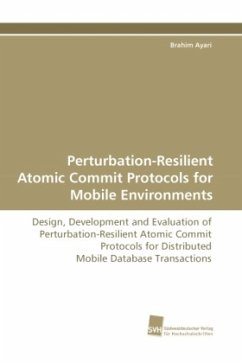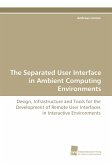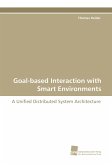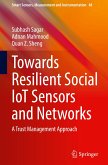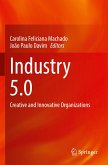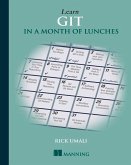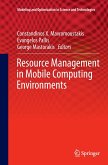The support of distributed atomic transactions is a key requirement for many current mobile applications. Atomicity is a fundamental property ensuring that all nodes reach a consistent outcome. For this, distributed mobile transactions fundamentally require perturbation-resilient atomic commit protocols. This is challenging as mobile environments are typically characterized by frequent network and node perturbations. In order to cope with different application scenarios, three classes of mobile environments are identified: infrastructure-based, ad-hoc and generic. Furthermore, the perturbations of the wireless mobile environment are comprehensively considered and classified into classes according to their impact on the outcome of commit protocols and on their blocking behavior. To tolerate these perturbation classes, perturbation-tolerant mechanisms are provided. Based on these mechanisms, a family of perturbation-tolerant atomic commit protocols with minimal resource blocking time and optimized transaction commit rates are developed.
Bitte wählen Sie Ihr Anliegen aus.
Rechnungen
Retourenschein anfordern
Bestellstatus
Storno

